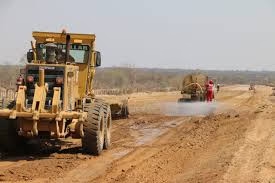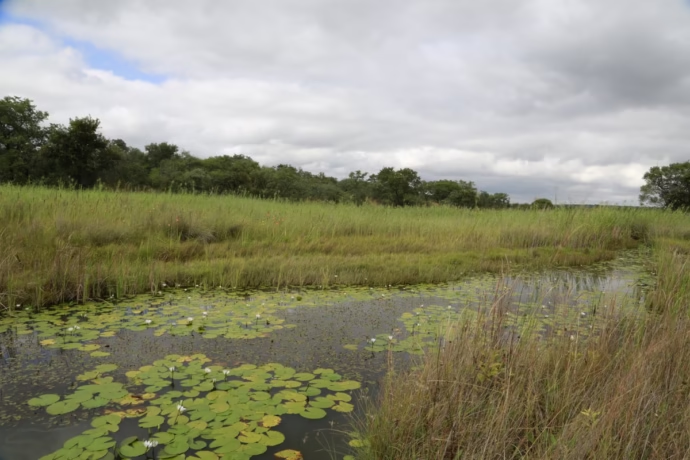
The African Development Bank (AfDB) has endorsed Zimbabwe’s economic policies under the Second Republic, projecting a 5.3% growth in 2025, a significant jump from the 2% recorded in 2024. The optimistic outlook is further reinforced by the International Monetary Fund (IMF) and the World Bank (WB), both of which forecast a robust 6% economic growth rate. This endorsement signals confidence in President Emmerson Mnangagwa’s economic management, despite skepticism from some opposition figures, such as Tendai Biti, who has dismissed the projections as overly ambitious.
Zimbabwe’s economy, like many others, suffered severe setbacks due to the COVID-19 pandemic, and its recovery was further hampered by an El Niño-induced drought affecting Southern Africa. However, the anticipated agricultural rebound in 2025, driven by a predicted bumper harvest and large-scale infrastructure development, is expected to spur broader economic growth. Agriculture remains the backbone of Zimbabwe’s economy, and its recovery will have a positive ripple effect on other sectors. Despite these encouraging indicators, Biti has questioned the IMF and World Bank’s projections, casting doubt on their credibility. His stance has raised speculation that his criticism is politically motivated, aimed at undermining the current administration’s achievements.
Beyond agriculture, Zimbabwe’s stabilizing currency and rising global gold prices are strengthening its economic prospects. Increased investment predictability, along with these positive trends, has contributed to the country’s favorable outlook. The endorsement from the AfDB, IMF, and World Bank represents a significant milestone, reaffirming that the government’s economic reforms are yielding results and should be pursued further.
Biti’s criticism appears contradictory, considering that during his tenure as Minister of Finance in the Inclusive Government, he relied on IMF and World Bank assessments without questioning their integrity. This inconsistency suggests that his current objections may be politically driven, rather than based on sound economic analysis.
Regionally, Zimbabwe is poised to outperform several neighboring countries in 2025. The AfDB projects growth rates of 4.5% for Zambia, 3.8% for Malawi, and 2.6% for South Africa—figures that compare favorably with Zimbabwe’s expected 5.3% expansion. These projections highlight the country’s strong economic trajectory and reinforce confidence in the prudent management and leadership of the Second Republic.




